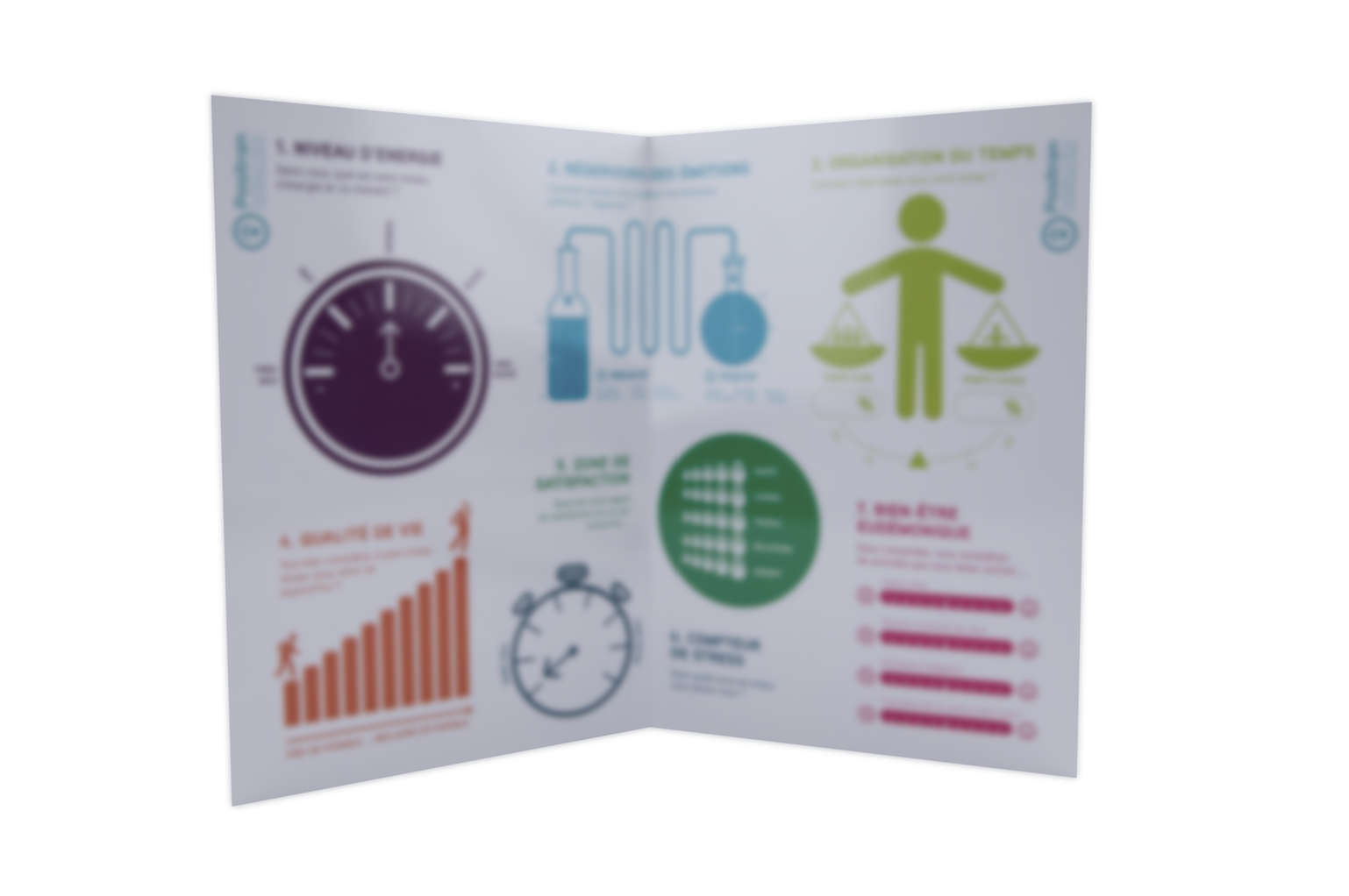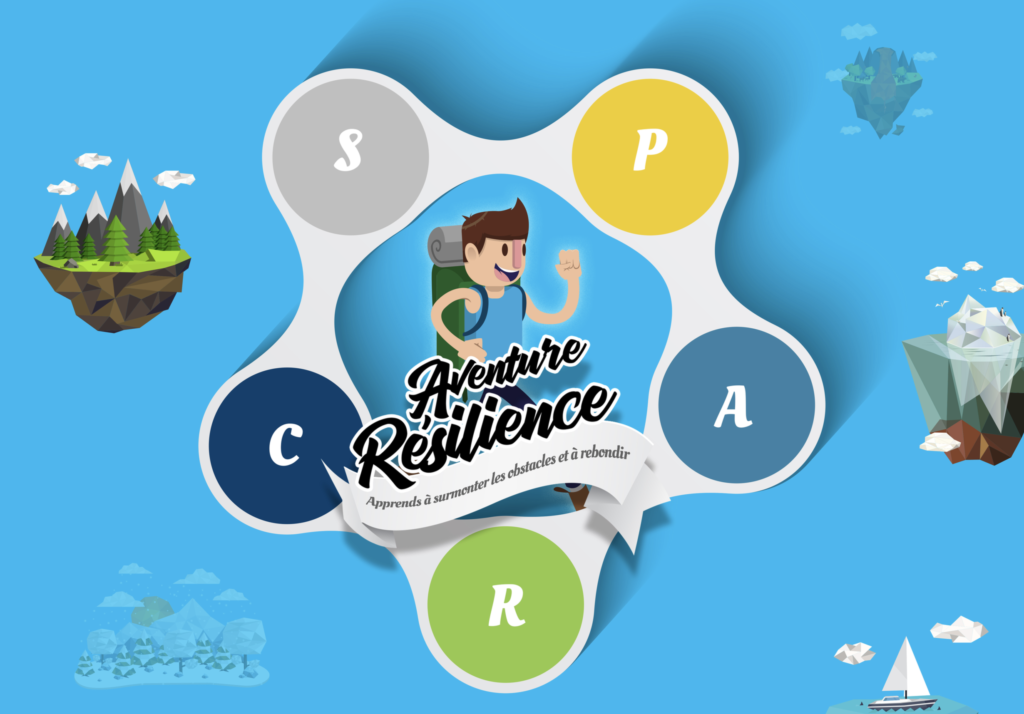
Stress Training - Mindfulness
Positive Mindfulness: Strategies for Regulating Stress and Improving Your Attention
What if you took the time to see the world from a different perspective, to move from managing your stress to transforming your environment? This unique day deconstructs the myths of mindfulness to equip you with a strategic leadership skill, combining ancestral practice, cutting-edge neuroscience, and critical thinking.

Educational Objectives
Deconstructing the myths of mindfulness by drawing on the latest meta-analyses to understand its real effectiveness and its limitations.
Train attentional and emotional regulation through formal and informal practices.
Apply this lucidity to move from a reactive posture to a preventive posture.
Added values
For the participant:
Beyond stress reduction, you'll develop robust mental clarity and emotional regulation, validated by science.
You will learn how to use concrete tools to anchor your presence and improve your attention span.
For the company:
You are not investing in a simple band-aid, but in developing leaders capable of creating a culture of balance and the right to recovery.
It is a lever for reducing burnout at the source, improving the quality of decisions and transforming managers into true agents of positive change for the organization.
Issues addressed
Decision overload and chronic mental load of leaders.
Difficulty remaining lucid and calm in a VUCA (Volatile, Uncertain, Complex, Ambiguous) environment.
Tendency to apply individual solutions to collective problems.
Risk of burnout for teams and managers.
Access conditions
Integrated training approach:
The training is based on an interactive and engaging teaching method, alternating theoretical contributions, individual and group exercises, simulations, role plays, and facilitated discussions centered on experience and sharing.
Experiential Methodology:
- Self-diagnosis for personal awareness.
- Workshops in subgroups promoting the exchange of ideas.
- Concrete case studies to link theory to practice.
- Role-playing games to simulate real-life situations.
- Scientifically validated tools.
Optional (extra charge):
Possibility of follow-up modules or post-training coaching for individualized support.
Our training courses are accessible to people with disabilities.
A disability advisor is available to help you study the specific adjustments required.
Registration via a quote request or by email.
Access time according to the training programming schedule, subject to availability.
Registration is validated upon receipt of the signed agreement.
Contact: formations@positran.fr
Assessment methods
Assessment of acquired skills:
- Each activity aims to apply the concepts covered during the training.
- Questions/answers at the end of each teaching sequence
- Formative assessment through observation and feedback from the trainer and peers during workshops.
- Summative assessment through a concrete case study.
Satisfaction Questionnaire:
Hot off the press, to gather participants' immediate impressions.
Training Certificate:
- Certificate of completion of training mentioning the skills targeted.
- Certificate of completion.
3-month survey:
Measure impact with the percentage of participants who implemented key concepts.
Deconstructing the myths of mindfulness by drawing on the latest meta-analyses to understand its real effectiveness and its limitations.
Train attentional and emotional regulation through formal and informal practices.
Apply this lucidity to move from a reactive posture to a preventive posture.
For the participant:
Beyond stress reduction, you'll develop robust mental clarity and emotional regulation, validated by science.
You will learn how to use concrete tools to anchor your presence and improve your attention span.
For the company:
You are not investing in a simple band-aid, but in developing leaders capable of creating a culture of balance and the right to recovery.
It is a lever for reducing burnout at the source, improving the quality of decisions and transforming managers into true agents of positive change for the organization.
Decision overload and chronic mental load of leaders.
Difficulty remaining lucid and calm in a VUCA (Volatile, Uncertain, Complex, Ambiguous) environment.
Tendency to apply individual solutions to collective problems.
Risk of burnout for teams and managers.
Integrated training approach:
The training is based on an interactive and engaging teaching method, alternating theoretical contributions, individual and group exercises, simulations, role plays, and facilitated discussions centered on experience and sharing.
Experiential Methodology:
- Self-diagnosis for personal awareness.
- Workshops in subgroups promoting the exchange of ideas.
- Concrete case studies to link theory to practice.
- Role-playing games to simulate real-life situations.
- Scientifically validated tools.
Optional (extra charge):
Possibility of follow-up modules or post-training coaching for individualized support.
Our training courses are accessible to people with disabilities.
A disability advisor is available to help you study the specific adjustments required.
Registration via a quote request or by email.
Access time according to the training programming schedule, subject to availability.
Registration is validated upon receipt of the signed agreement.
Contact: formations@positran.fr
Assessment of acquired skills:
- Each activity aims to apply the concepts covered during the training.
- Questions/answers at the end of each teaching sequence
- Formative assessment through observation and feedback from the trainer and peers during workshops.
- Summative assessment through a concrete case study.
Satisfaction Questionnaire:
Hot off the press, to gather participants' immediate impressions.
Training Certificate:
- Certificate of completion of training mentioning the skills targeted.
- Certificate of completion.
3-month survey:
Measure impact with the percentage of participants who implemented key concepts.












